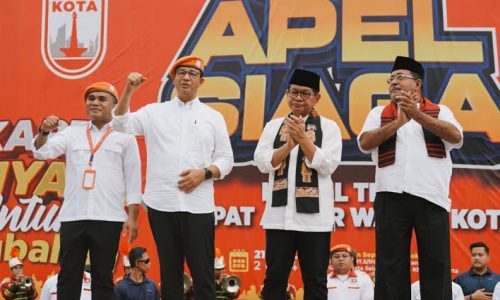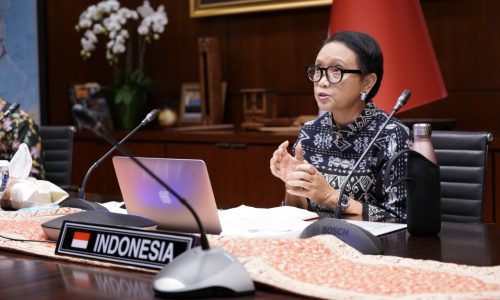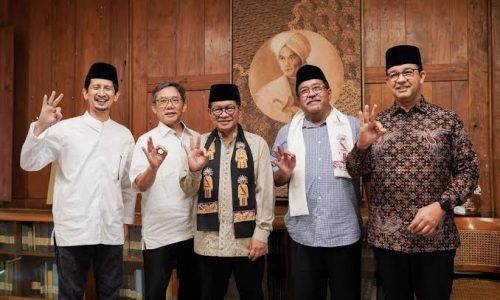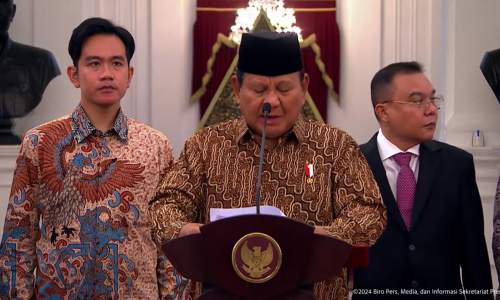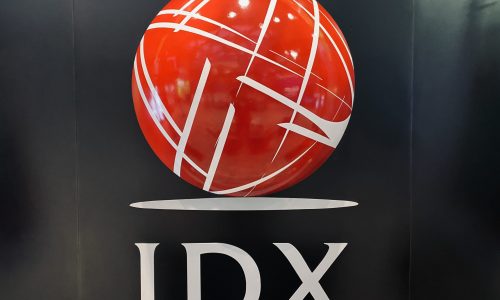For the first time since its founding in 1977, the United Development Party (PPP) will not have representation in the House of Representatives (DPR) for the 2024-2029 membership term.
Despite secuing 5,878,777 votes, equating to 3.87 percent, the party fell short of the 4 percent parliamentary threshold required by the electoral law.
PPP’s internal calculations suggested they had achieved 4.02 percent of the vote, prompting the party to file for a review of the election results with the Constitutional Court (MK).
However, the court only allowed one of their lawsuits, regarding the election results at Third electoral zone of Central Java province, to proceed to evidence examination. Ultimately, the court rejected this sole claim, dashing the hopes of PPP’s candidates.
Notable PPP candidates like Ahmad Baidowi, who secured 395,000 votes at Ninth electoral zone of East Java province, and others with high vote counts, will not be seated in the DPR. The party had anticipated sending at least 12 legislators to the House.
PPP chairman, Muhammad Mardiono, assured members that the fight is not over, although he did not specify the next steps. Former chairman Suharso Monoarfa attributed the party’s failure to its current leadership, while political analysts cited economic hardship and secularization as contributing factors.
PPP’s journey, from its merger of four Islamic parties in 1973 to its robust opposition role during the New Order era, faces a significant challenge as it adapts to its first electoral defeat in nearly five decades.



